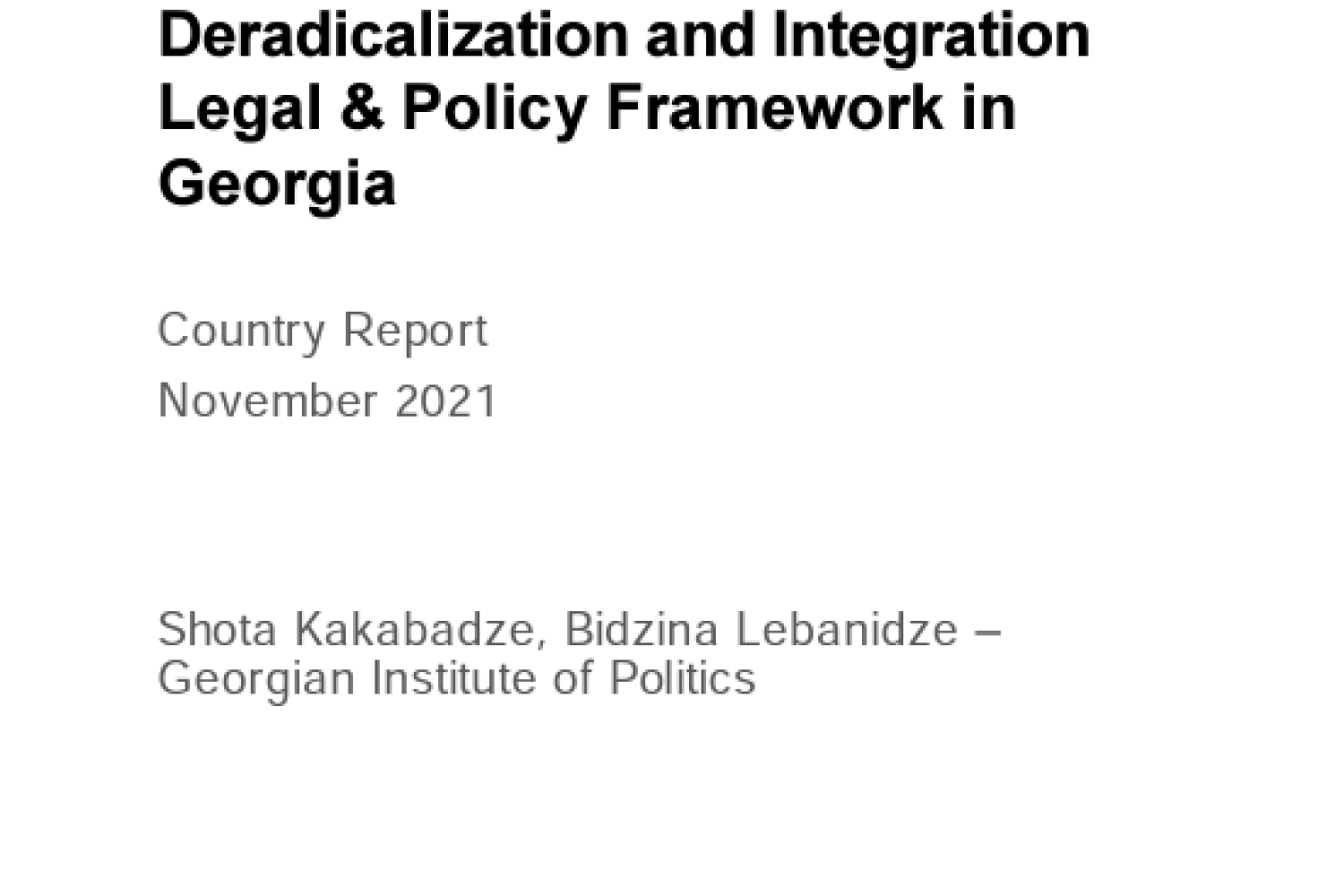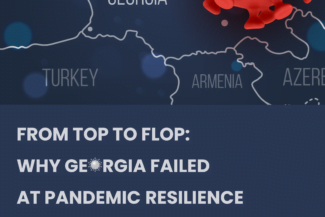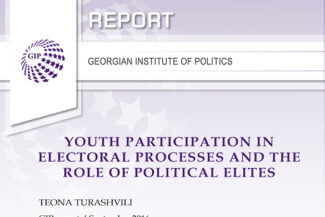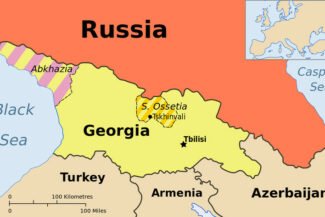25-11-2021
Originally published by D.Rad
The country report produced for the D.Rad, analyzes legal and policy frameworks for deradicalization and integration in Georgia. It unpacks the existing laws and policies, addresses radicalization issues, identifies major gaps and flaws, and provides policy-relevant recommendations on how to improve legal and policy frameworks. After providing a brief contextual and historical overview of radicalization and deradicalization policies and practices in Georgia, the report focuses on two particular case studies of attempted deradicalization by the Georgian state authorities: the government’s policy response to Islamist radicalization in the Pankisi Gorge and radicalization motivated by Orthodox Christian fundamentalists.
Overall, formally Georgia remains a secular state with legislation and a constitution guaranteeing equality and the same rights for everyone. However, the report also identified some worrying trends in the deradicalization legal and policy frameworks of Georgia and their practical application by the state authorities. The state authorities often tend to securitize minority issues. This often leads to a less inclusive minority policy leaving space open for the radicalization of religious minorities in Pankisi Gorge and other regions. On the other hand, the Georgian Orthodox Church (GOC) enjoys asymmetric advantages in many areas of social and public life. While the GOC formally remains loyal to Georgia’s Europeanization and democratic development, a section of the clergy also holds radical views and incites violence against sexual minorities among their supporters.
Two case studies and other examples explored in this report indicate that Georgia’s policy framework for deradicalization seems to be both conceptually and practically underdeveloped. It lacks coherence, consistency, and any inclusive agenda agreed upon in participation with all important stakeholders. The policies designed by the government are usually patchy, ad hoc, and lack strategic thinking. Instead, what Georgia needs is a comprehensive deradicalization strategy to strengthen the country’s resilience against present and future threats of radicalization. Even though the country is not exposed to any major radicalization threat now, new risks may emerge in the foreseeable future.










